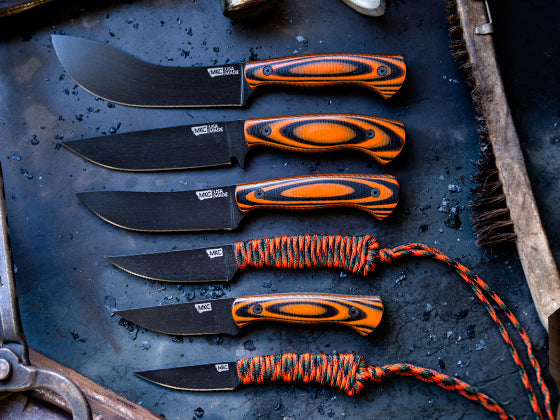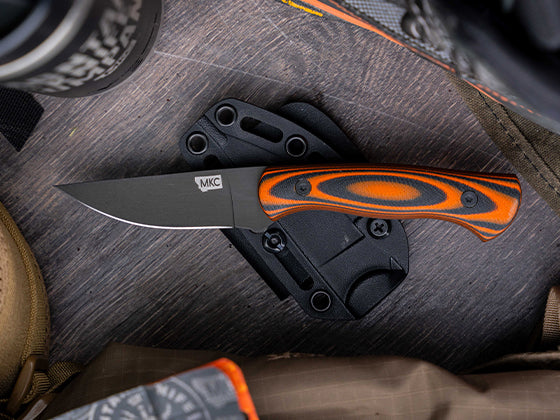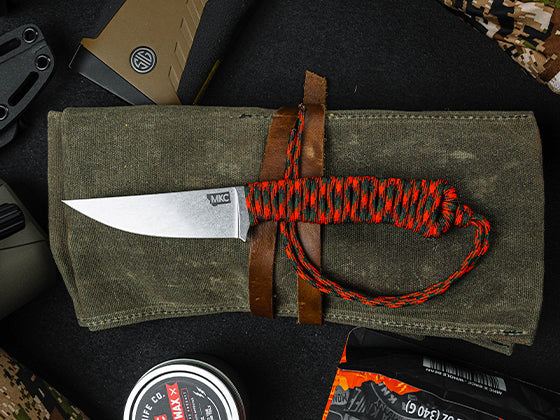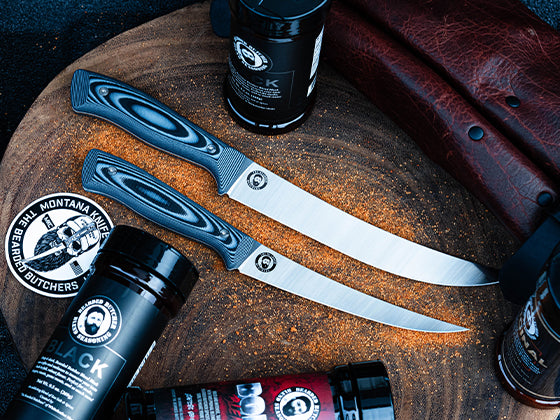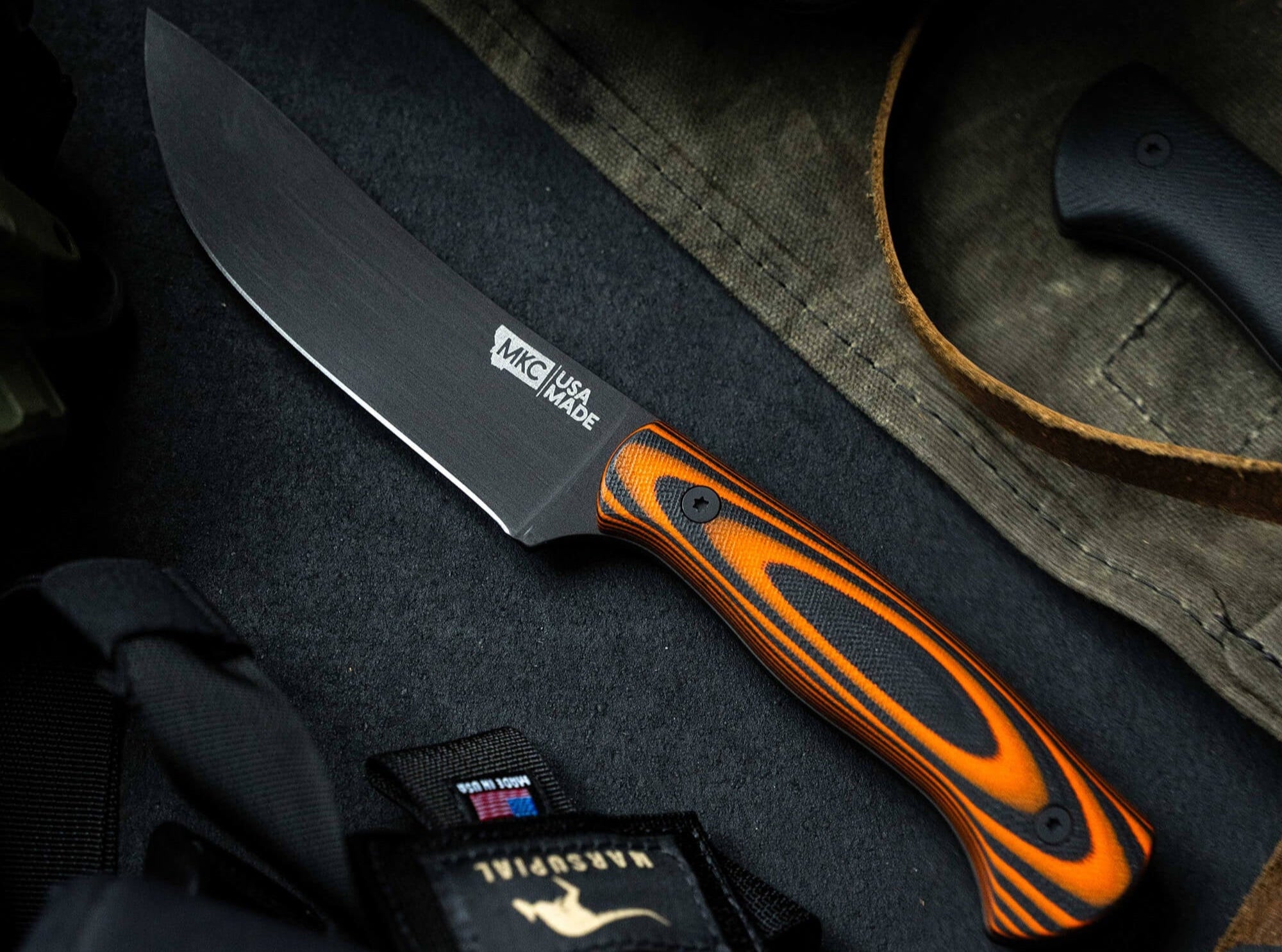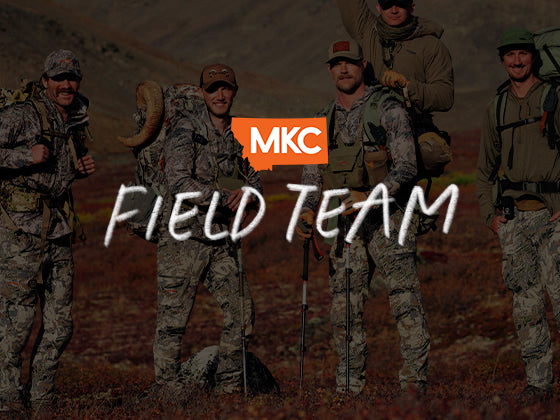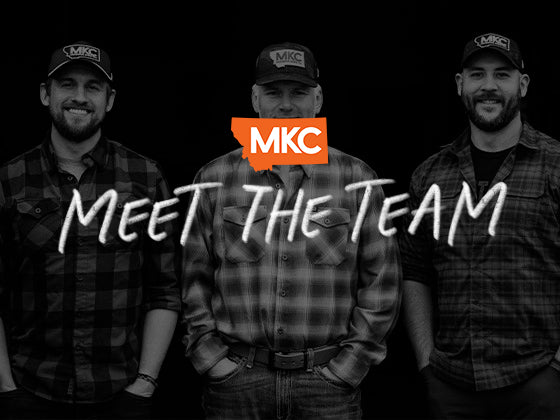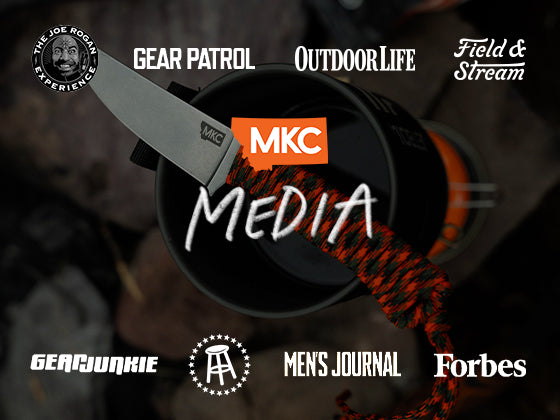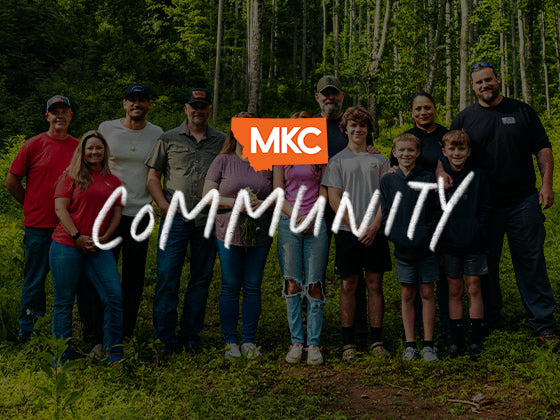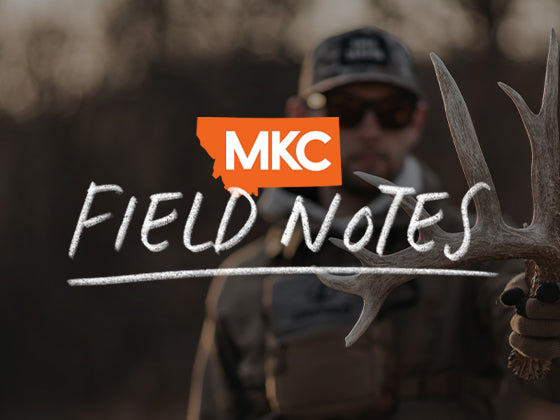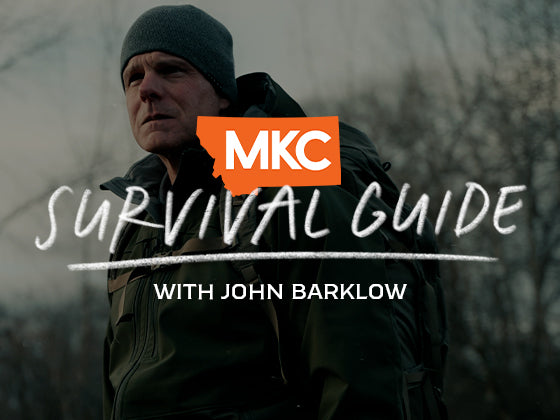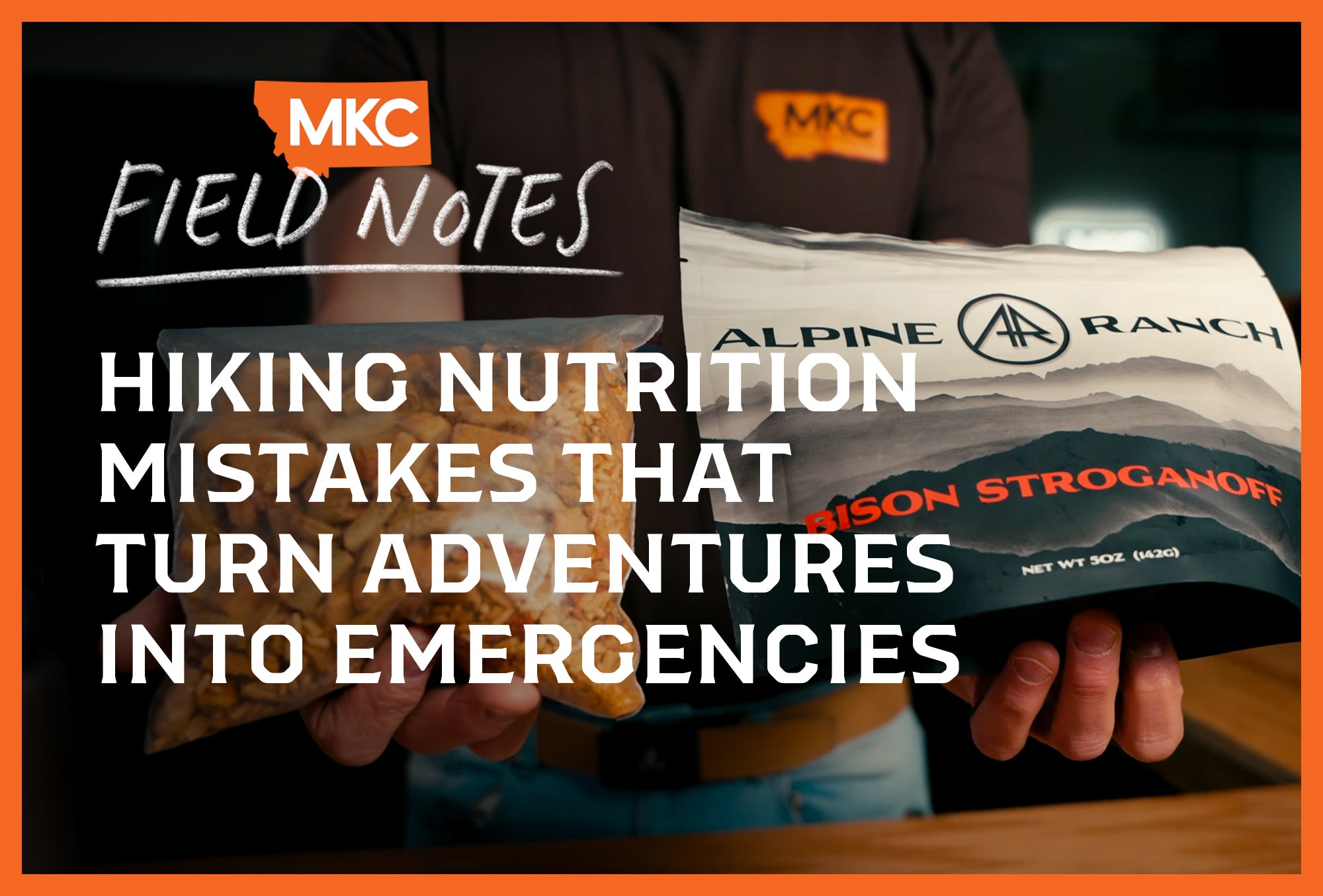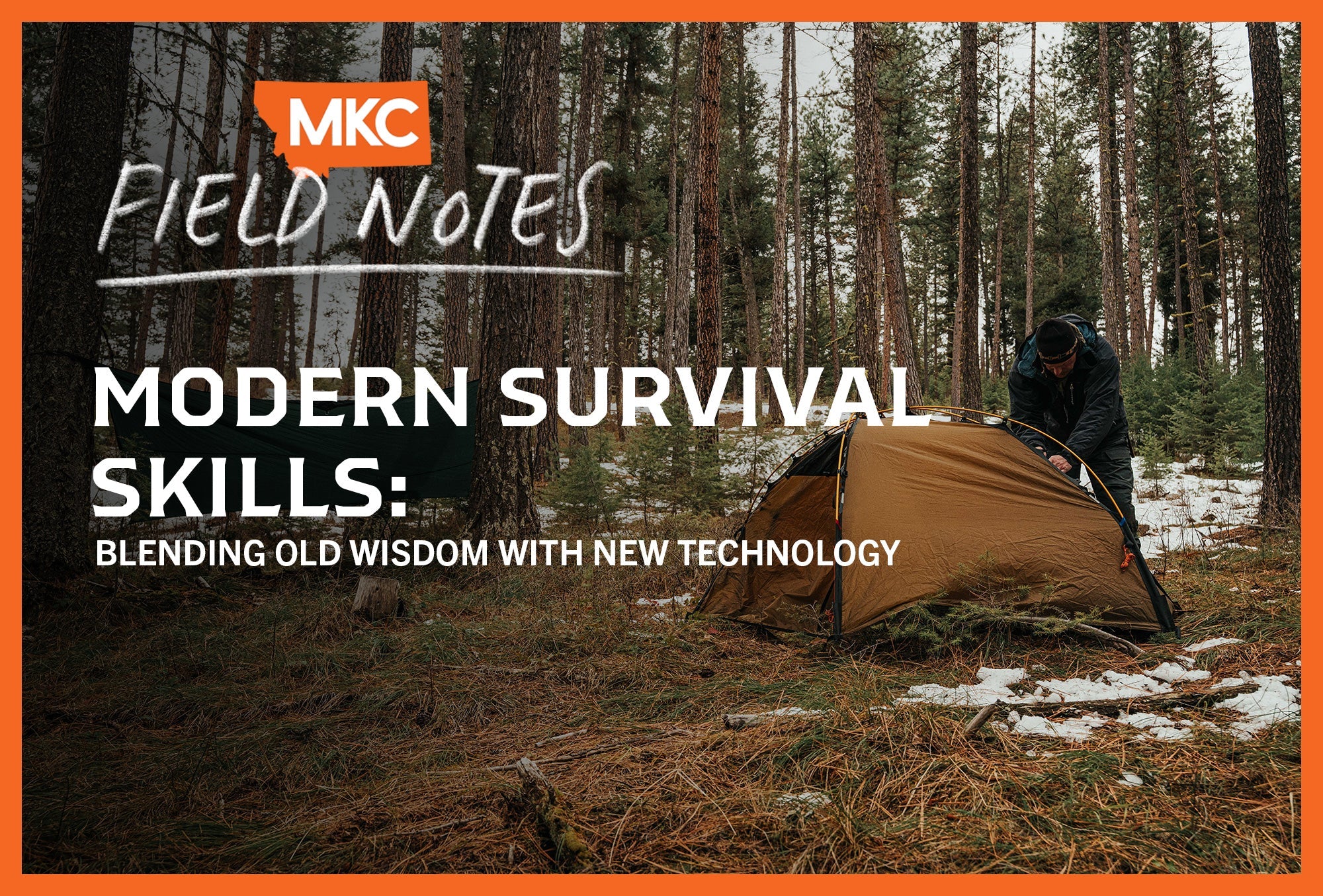When you’re deep in the backcountry and Mother Nature turns against you, your hunting partner’s quality becomes immediately apparent.
With a good hunting partner, you’ll perform at a higher level than you could individually. This difference separates successful hunting trips from those that end early with unfilled tags and damaged friendships.
Your success, safety, and overall hunting experience depend on the person you choose to share your hunt with.
Why a Hunting Partner Matters More Than You Think
Most hunters focus exclusively on gear, physical fitness, or hunting skills. But your hunting partner determines your backcountry performance more than any other factor.
When one person struggles, the other steps up. When conditions deteriorate, you prop each other up rather than drag each other down.
I’ve seen partnerships make or break hunts:
- Two partners who build each other up push through terrible weather.
- Two partners who leverage complementary skills find more game.
- Two partners who communicate clearly make better stalking decisions.
Conversely, a poor partnership ruins trips before they begin. The hunting partner who complains constantly or refuses to push over the next ridge destroys morale exactly when you need it most.
Friendship Doesn’t Equal Good Hunting Partners
Your best friends often make terrible hunting partners.
I’ve destroyed good friendships by assuming friendship translates to hunting compatibility. Real backcountry hunting tests relationships in ways everyday life never does:
- Physical exhaustion brings out people’s worst traits.
- Hunger amplifies small annoyances into huge conflicts.
- Disappointment uncovers character flaws normally hidden.
- Sleep deprivation destroys normal conflict resolution skills.
Incompatible commitment levels, physical capabilities, risk tolerance, and hunting goals create challenges no friendship can overcome.
Hunting Partners Need Complementary Skills
The strongest hunting partnerships leverage each person’s strengths while compensating for weaknesses.
For example, my hunting partner navigates terrain like no one I’ve ever seen. He reads topographic maps and identifies hidden game pockets that escape my notice. Meanwhile, I excel at calling elk and planning logistics.
Our partnership works because:
- We identify our individual strengths without ego.
- We continue developing our weaker skills rather than just relying on each other.
- We adjust roles based on specific hunting scenarios.
- We value the team’s outcome over individual recognition.
This skill complementarity builds hunting success while preventing resentment that destroys partnerships.
Trust: The Foundation of Backcountry Hunting Partners
When you’re miles from the trailhead in challenging terrain, your life may genuinely depend on your hunting partner’s capabilities and judgment. A trustworthy partner makes sound decisions under stress and remains calm during genuine challenges.
Backcountry hunting partnerships require absolute trust in each other’s:
- Decision-making under pressure
- Physical capabilities and limitations
- Wilderness medical skills
- Navigation abilities
- Emergency response knowledge
- Commitment to shared safety
This trust develops through shared experience, not just through friendship or casual hunts. You learn who someone really is when you’re both cold, hungry, exhausted, and facing important decisions.
Shared Commitment Separates Good Hunting Partners From Great Ones
Great hunting partners share identical commitment to:
- Pre-season scouting time
- Physical preparation
- Financial investment
- Time away from work and family
- Willingness to endure discomfort
- Dedication to success
Mismatched commitment breeds resentment between hunting partners faster than any other factor. When one partner cuts corners on preparation while the other sacrifices for success, partnership collapse becomes inevitable.
The true test of a hunting partnership comes when deciding whether to push further, perhaps spending the night away from camp with reduced rations and just a puffy jacket while watching an elk, mule deer, or ram.
The Ultimate Test for Hunting Partners
Would your hunting partner help you pack out an animal under difficult conditions? And would you do the same for them without hesitation?
If your immediate answer isn’t “absolutely,” they’re not your hunting partner. They’re someone you hunt with occasionally.
Real hunting partners know this test runs both ways. They’d do it for you without complaining, and you’d do the same for them.
Learning From My Failures as a Hunting Partner
I’ve been the bad hunting partner more times than I care to admit. Looking back, I recognize how my attitude and behavior torpedoed otherwise good partnerships:
- Getting jealous when my partner got more stalking opportunities.
- Becoming resentful when they spotted better animals.
- Competing rather than collaborating on shared hunts.
- Letting little annoyances snowball into huge conflicts.
- Focusing on what I contributed rather than our collective success.
Great hunting partners check their ego at the trailhead. The hunt’s success matters more than who spots the animal first.

Building Your Hunting Partnership for Long-Term Success
Finding and maintaining solid hunting partners requires deliberate effort:

- Hunt with potential partners on progressively more challenging trips.
- Discuss expectations explicitly before committing to major hunts.
- Create clear communication protocols for disagreements.
- Establish decision-making frameworks before emergencies happen.
- Regularly assess and improve your partnership through honest feedback.
- Focus on the partnership’s growth rather than individual achievement.
These practices build hunting partnerships that withstand the greatest challenges the backcountry can throw at you.
Why Hunting Partners Determine Backcountry Success
The right hunting partner makes the difference between a punishing march and an unforgettable adventure.
Choose wisely, communicate clearly, and build these partnerships with the same care you’d give any crucial piece of survival equipment.
by John Barklow, a Special Operations Survival Instructor and consultant who has spent decades teaching military personnel and civilians survival techniques in extreme environments.























